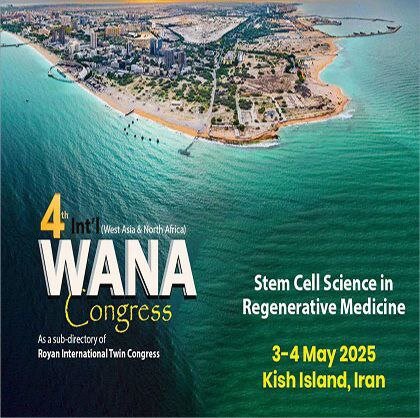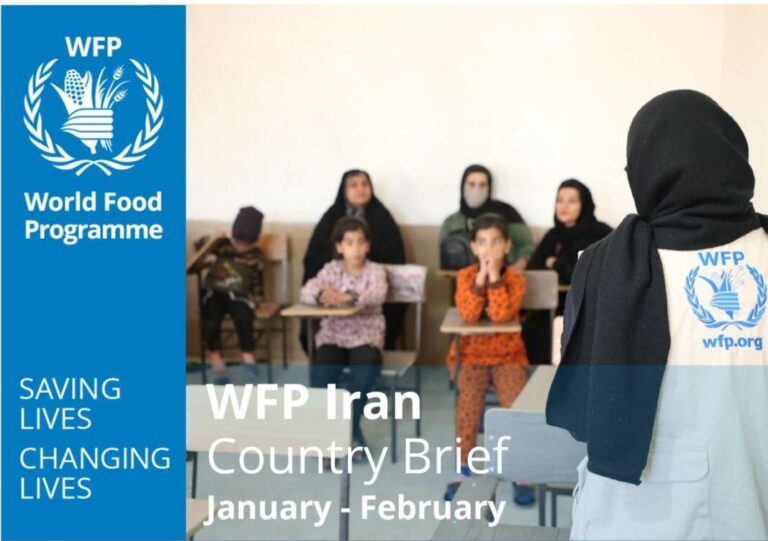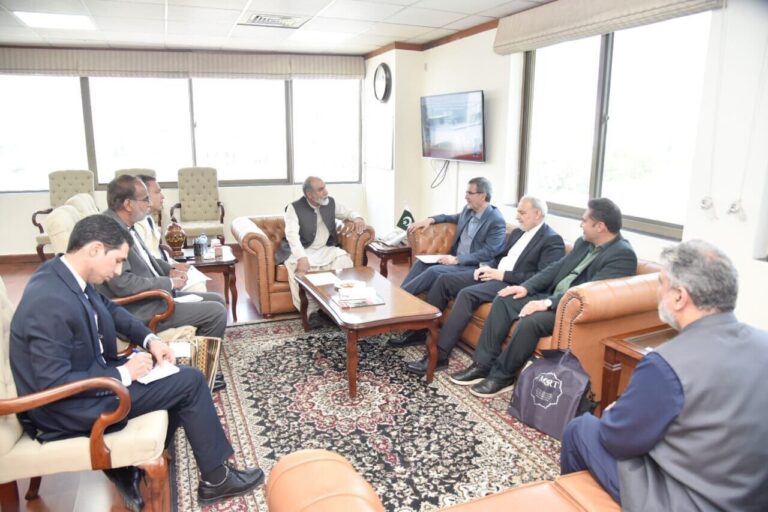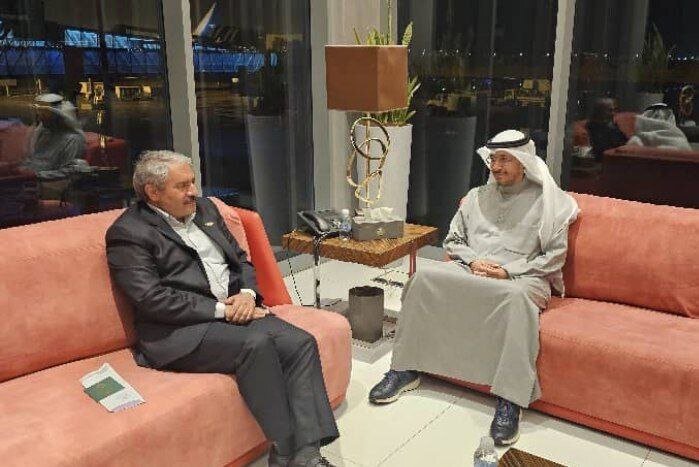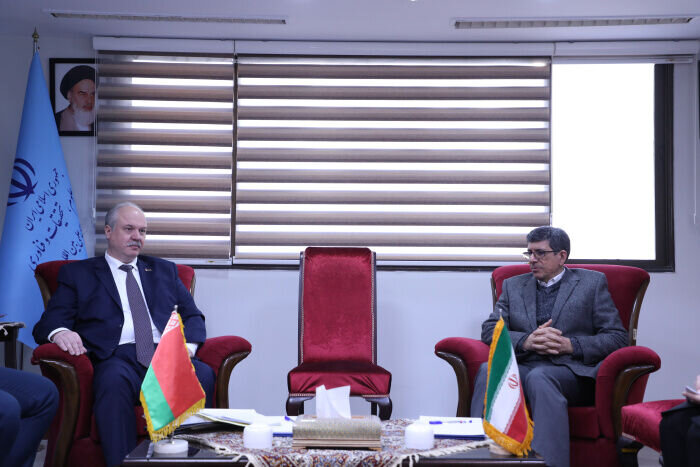Kish Island Set to Host the 4th International WANA Congress: A Global Gathering of Innovation and Collaboration
The fourth international congress of West Asian and North African (WANA) countries is set to take place on May 3-4 on the picturesque Persian Gulf island of Kish. This highly anticipated event is organized by the Royan Institute in collaboration with the Kish Free Zone Organization, various domestic and international universities, scientific centers, and innovative knowledge-based companies. The primary goal of this congress is to foster joint scientific research among regional nations, as reported by ISNA.
This year’s congress will focus on the theme of ‘Stem Cells in Regenerative Biomedicine’, showcasing the latest advancements in science, particularly within the WANA region. Attendees can expect in-depth discussions on a variety of subjects related to regenerative medicine and its applications.
The two-day event will cover several key themes, including:
- Organoids and Disease Modeling
- Novel Approaches in Cancer Treatment
- Bioengineering in Regenerative Biomedicine
- Cell Therapy and Gene Therapy
- Artificial Intelligence and Computational Biology
In addition to the scientific discussions, the congress aims to enhance the science communication network among students, professors, and researchers from WANA countries. National participants will attend in person, while international attendees will have the option to join either in person or online, making the event accessible to a broader audience.
Reflecting on the past, the third WANA international congress was successfully held in Urmia, located in northwestern West Azarbaijan province, on May 16-17, 2024. This event primarily focused on outcomes related to Assisted Reproductive Technology (ART) at a global level, particularly for WANA countries. It served as a crucial platform for enhancing collaboration between scientific and commercial professionals involved in infertility treatment.
The previous congress featured presentations and discussions led by 30 distinguished Iranian lecturers and 10 international experts. Key topics included:
- Monitoring outcomes for children born through infertility treatments
- Ethical and legal considerations in ART
- The role of imaging techniques in treatment
- Impact of environmental factors and lifestyle choices
- Challenges and management strategies in assisted infertility
- Preserving fertility in cancer patients
- Enhancing assisted reproductive technology outcomes through surgical interventions
One of the congress’s significant initiatives is the establishment of the WANA Scientific Network, aimed at achieving several vital objectives:
- Facilitating the exchange of scientific knowledge by connecting research institutions, scientists, and centers across the WANA region and beyond.
- Identifying collaborative opportunities within the region to expand communication networks.
- Enhancing networking among knowledge-based companies in the WANA area to foster trade and interaction in scientific products.
- Providing a comprehensive range of knowledge-based services, including training, expert consulting, and project implementation in biotechnology for countries seeking assistance.
Furthermore, the Royan Institute for Stem Cell Biology and Technology (RI-SCBT) plays a pivotal role in advancing research and development in this field. Established in 2002, the institute was initially known as the Department of Stem Cells. It has since evolved into a comprehensive institute that encompasses three main departments:
- Department of Stem Cells and Developmental Biology
- Department of Cell Engineering
- Department of Regenerative Medicine
The mission of RI-SCBT is to deepen the understanding of stem cell biology through basic research and to lay the groundwork for innovative therapies through regenerative medicine. By focusing on areas such as developmental biology, personalized medicine, cancer medicine, biomedical engineering, and cognitive sciences, the institute aims to contribute significantly to advancements in medical science.
As the fourth international congress approaches, anticipation builds within the scientific community. The event promises to be a landmark occasion for collaboration, knowledge exchange, and the promotion of cutting-edge research in the fields of regenerative medicine and stem cell biology.
